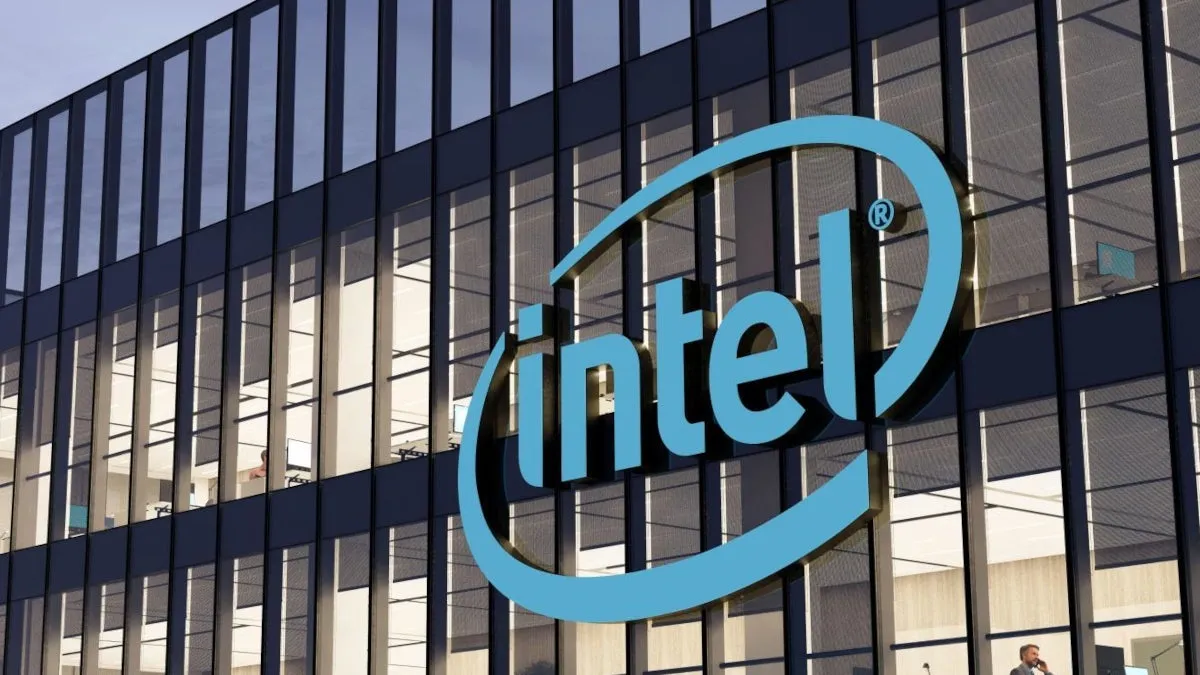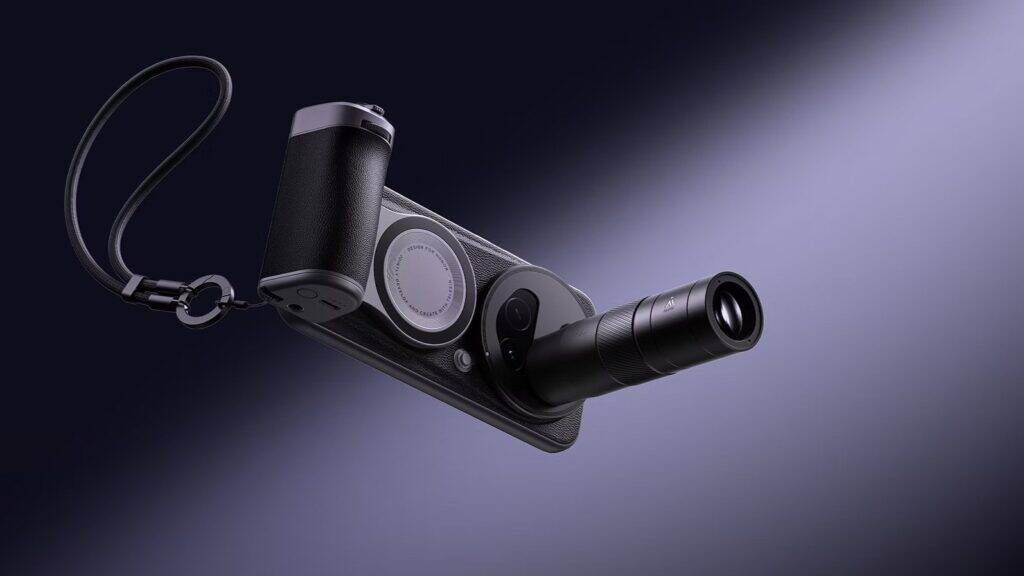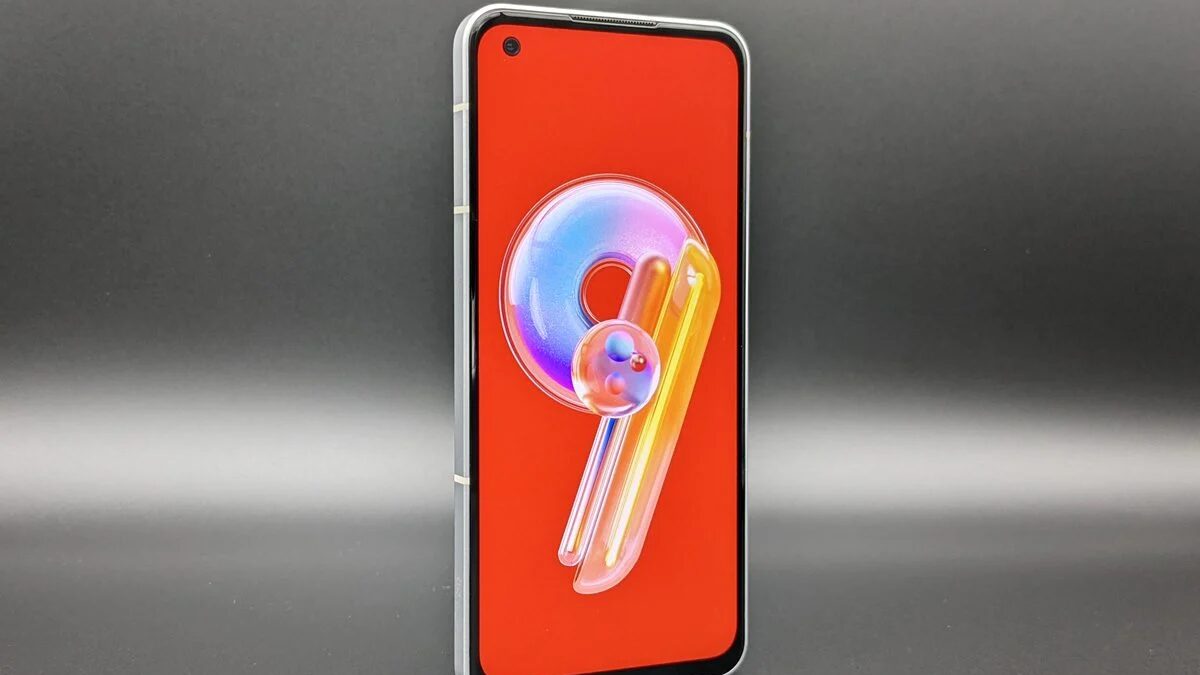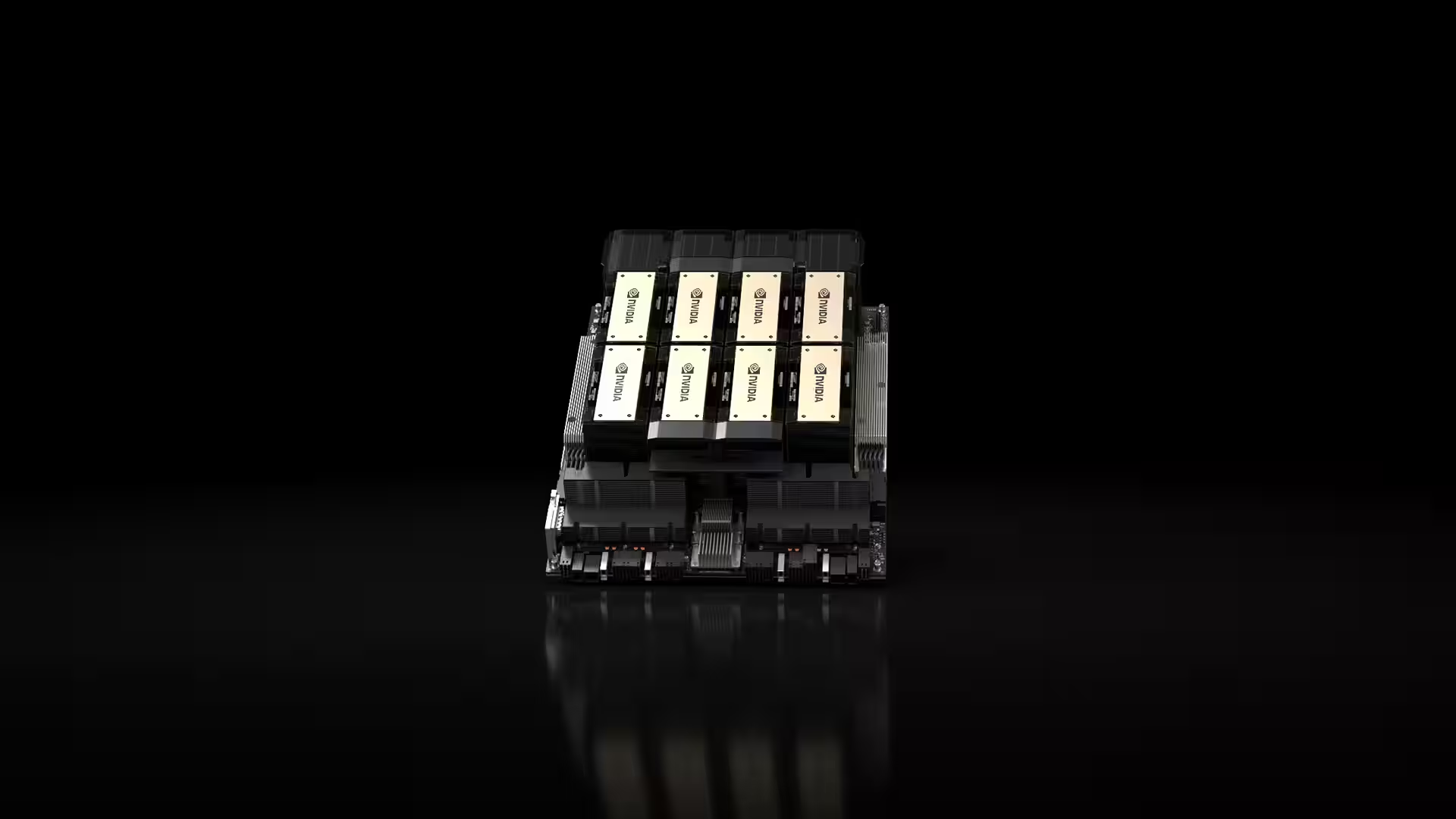Despite 18A process development, Intel orders chips from TSMC

Although Intel is aggressively pursuing its own chip manufacturing, including through a new business, Intel Foundry Services, the company remains one of the largest customers of TSMC the world’s largest contract chipmaker.
Strategy shift: Intel not ready to completely abandon TSMC
John Pitzer, Intel’s vice president of corporate planning and investor relations, acknowledged that a year ago the company said it would turn away from TSMC and no longer rely on the Taiwanese manufacturer. Now, however, Intel believes it’s more profitable to split production by keeping some of its orders outsourced.
Pitzer called TSMC “a great supplier” and added that working with it creates healthy competition between the Taiwanese fab and Intel Foundry.
Manufacturing plans: Intel shares production between itself and TSMC
Intel originally planned to produce its future processors Arrow Lake and Lunar Lake on its own 20A process. However, the company later changed its strategy and commissioned TSMC to produce them on a 3nm process. At the same time, Intel is using its advanced packaging technology, Foveros 3D, but already in the U.S.
This approach is more expensive for Intel because TSMC’s cost reduces its share margin.
The situation is different with the Panther Lake processors intended for notebooks: Intel will take over their production entirely, using the latest 18A process. This will allow the company to increase profitability, since it won’t have to pay TSMC to produce these chips.
At the moment, Intel outsources about 30% of its production, but that figure will reduce dramatically in the future.
What’s next
It’s still unclear how much of its chips Intel will continue to order from third-party manufacturers. Pitzer said the company has not yet decided whether it will be 20 percent or 15 percent. However, he emphasized that Intel intends to use contract fabs for some of its products for a long time to come.








